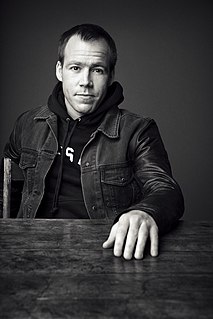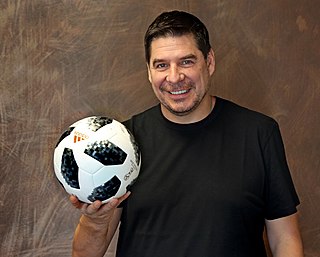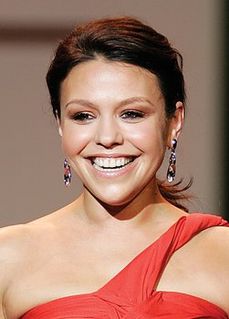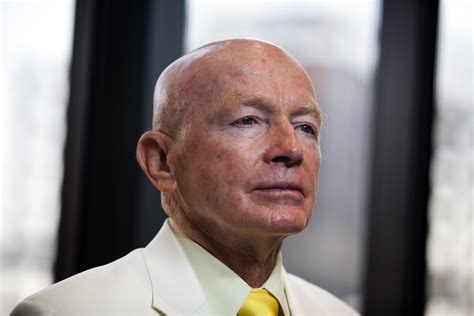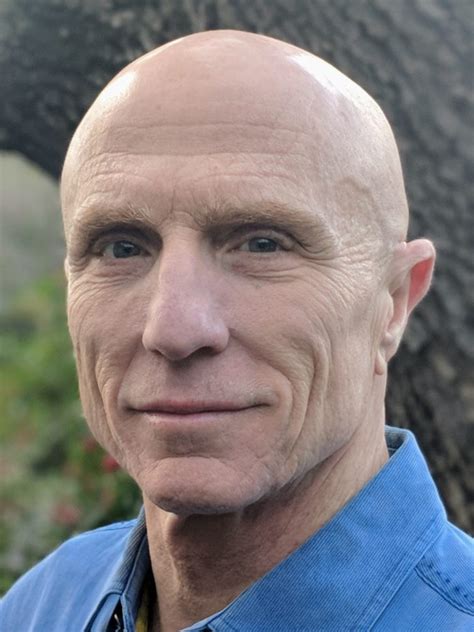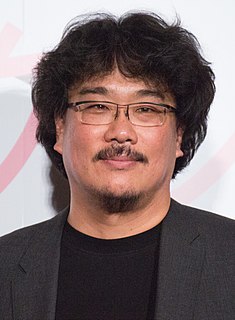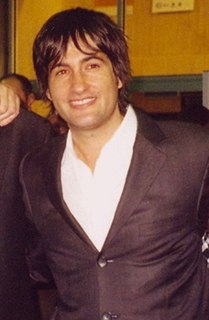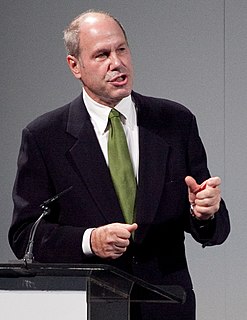A Quote by Rupert Murdoch
If the head man in a company is not working 12 hours a day, doing things, taking risks, but also standing with his people in the trenches at the most difficult of times, then the company loses something.
Related Quotes
If you have nothing to hide, if you're actually working for eight hours, or 10 or 12 hours, however long people decide to work, it's OK to have windows around conference rooms, it's OK to have cubicles. Because you're actually working. If you're not working, doing social media and spending half the day for personal stuff, then an environment like this will actually bother you.
Profitability, growth, and safeguards against existential risks are crucial to strengthening a company's long-term prospects. But if these three factors constitute a company's 'hard power,' firms also need 'soft power': public trust and acceptance, won by fulfilling a company's social responsibility.
Shareholder activism is not a privilege - it is a right and a responsibility. When we invest in a company, we own part of that company and we are partly responsible for how that company progresses. If we believe there is something going wrong with the company, then we, as shareholders, must become active and vocal.
The risk of working with people you don't respect; the risk of working for a company whose values are incosistent with your own; the risk of compromising what's important; the risk of doing something that fails to express-or even contradicts--who you are. And then there is the most dangerous risk of all--the risk of spending your life not doing what you want on the bet that you can buy yourself the freedom to do it later.
In Europe, we don't only take offence when one company is treating another company in a way that's illegal. We also look at if governments are joining up with companies that makes it more difficult for other companies. We also see that sometimes government actions can make it very difficult for businesses to compete on their merits.
Khodorkovsky is richest man. And he lost everything when Putin arrested him and took his company away, and essentially took his company away, sold it, and gave it to other people, and enriched them. So, he's a complicated figure as an opposition leader, and people admire him - he was in prison, and he was very brave, and he's written some good things since then, and so on. But at the end of the day, people see him as being part of the corrupt system that has done so much to undermine the Russian system since the 1990s, and I don't know that he can ever be a really popular leader.

